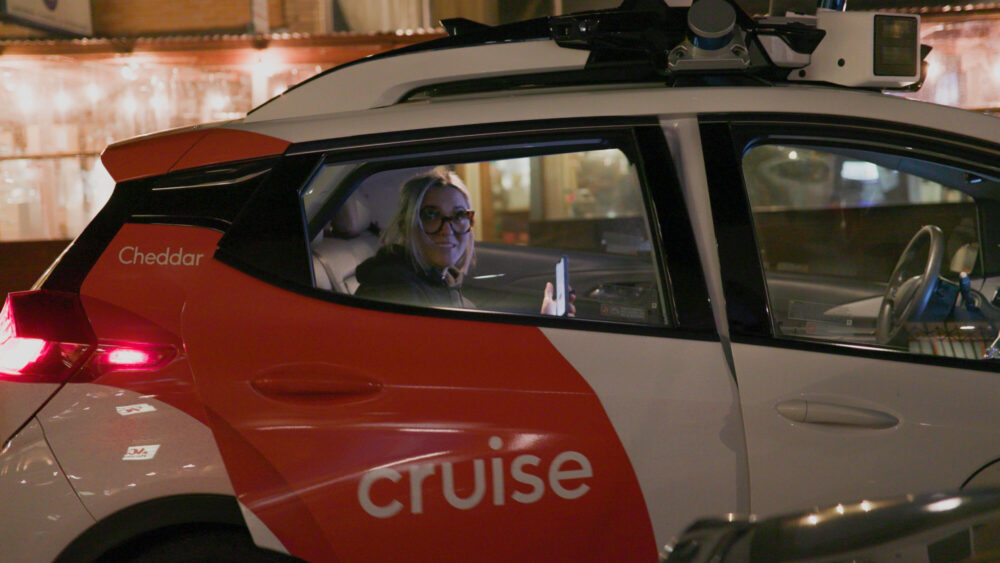
Listen
As recently as a decade ago, the concept of autonomous vehicles seemed less like science and more like science fiction. But over those ten years, we've begun to see more driverless cars in some U.S. cities, Houston included. Companies like Cruise and Waymo have begun to offer driverless ride-hailing vehicles.
They haven't been without their problems, though. Just a few weeks back, some of Cruise's driverless cars caused a traffic jam in Montrose. There have been other incidents in other cities of autonomous cars operating in unexpected ways. So, maybe they're not quite ready for prime time.
On the other hand, many new cars offer safety features like lane assist, adaptive cruise control, and automatic braking to avoid collisions. They, too, don't always work perfectly, but put those and other features together, and maybe your car can travel a good distance, in traffic, with little or no intervention from you in the driver's seat.
Even if it does, you should still keep your hands on the wheel and foot ready to hit the brake.
Nevertheless, there has been progress. So, just how far off is a future of primarily or even solely autonomous vehicles on our roads?
Kaushik Rajashekara is a distinguished professor of engineering at the University of Houston. In the audio above, he tells Houston Matters producer Michael Hagerty that while the technology needs to develop before autonomous vehicles are commonplace, they could present some real advantages in the future.

 77 °F
77 °F